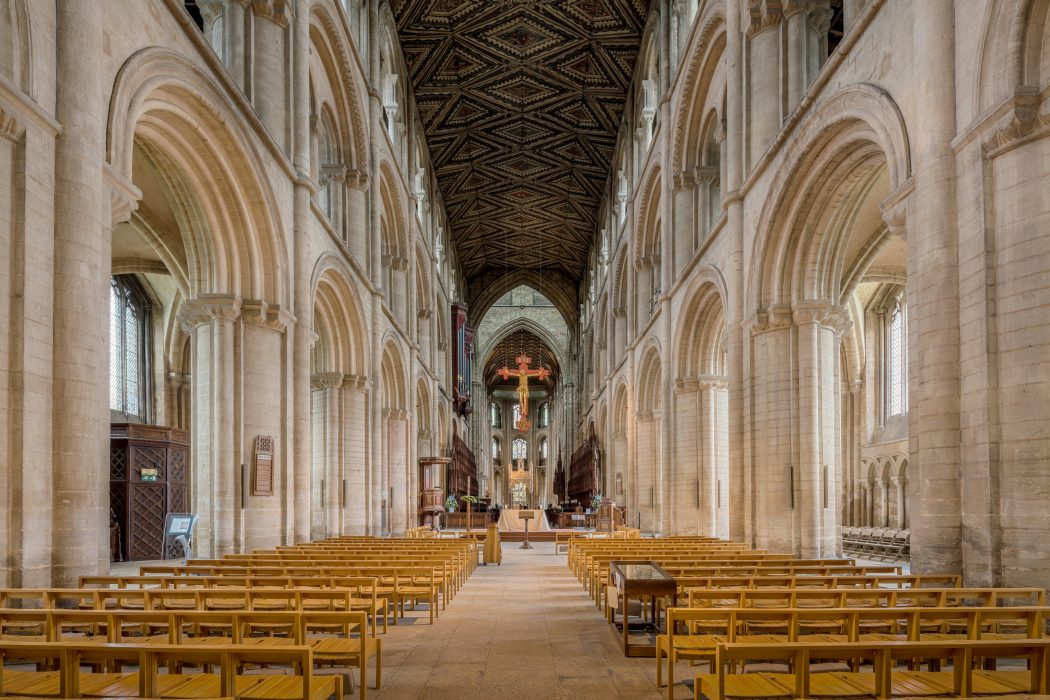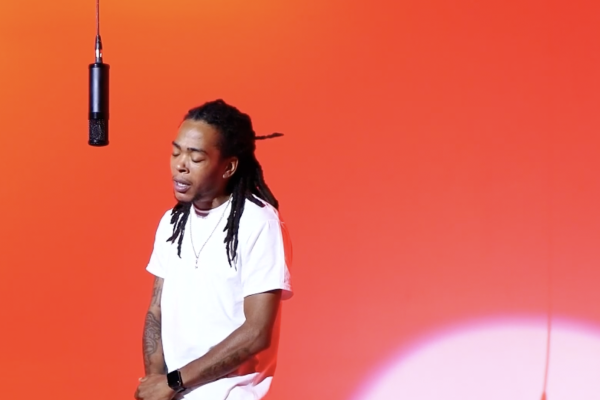Brazil is a rainbow nation when religion is considered. Catholics, Protestants, Atheists, African traditional religions, Islam and many others are all found in this South American nation. It is a country that accommodates almost all religious affiliations. But this is a relatively new phenomenon as Brazil was not as liberal in religious practice as it is today.
The dominance of Catholicism
Brazil has the highest number of Roman Catholics in the world. In the 1970’s 90% of Brazilians were Catholics. According to Brazil.org.az.,
Catholicism was introduced to Brazil when the European settlers arrived with the aim of ‘civilising’ the local native people. They built churches and brought religious leaders into the country to teach young and old alike the doctrines of Catholicism. During the 19th century, Catholicism was made the official religion of Brazil.
Catholicism became so entrenched that priests were on the payroll of the government and participated in political affairs.
The decline of Catholicism in Brazil
However, the National Population Census of 2010 indicates that the numbers have fallen to 65%. This can be attributed to Evangelicalism. While Roman Catholicism has been the dominant denomination for many years, Pentecostalism is growing at a very high rate. Experts opine that as Brazil grew richer and the gap between the poor and the wealthy widened, more people turned to Pentecostalism. Absolute poverty is thus closely linked to charismatic Christian denominations in Brazil.
Poverty and hope
Pentecostalism is basically a more optimistic approach to Christianity. The BBC describes it thus: “Pentecostalism is a form of Christianity that emphasises the work of the Holy Spirit and the direct experience of the presence of God by the believer.” The teachings of modern charismatics concentrate on the blessing that flow from God who does not discriminate. Many poor Brazilians consider this to be an attractive and hopeful alternative to life than mainstream religion. Moreover, ordinary Brazilians who join Protestant denominations say that they are happy not to confess their sins to priests but rather to approach God directly.
Hiding the head in the sand?
To them, Pentecostalism is a religion for the poor and downtrodden because it promises them a better present and future, while simultaneously offering them the opportunity to express themselves freely to God and not in prescribed and unchangeable manners. Whether the obsession of Brazil’s poorest is a fallacious and misguided avenue to gloss over the real causes of poverty or genuine devotion to God is a debate that will not end soon.
©EthLeen



